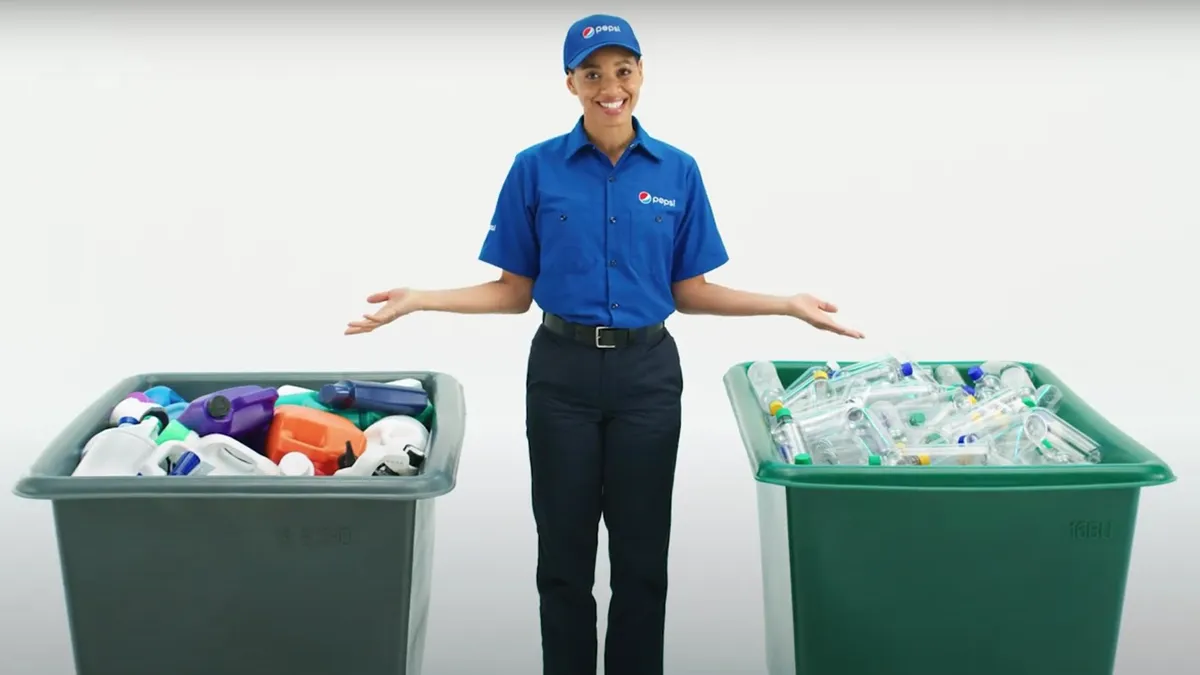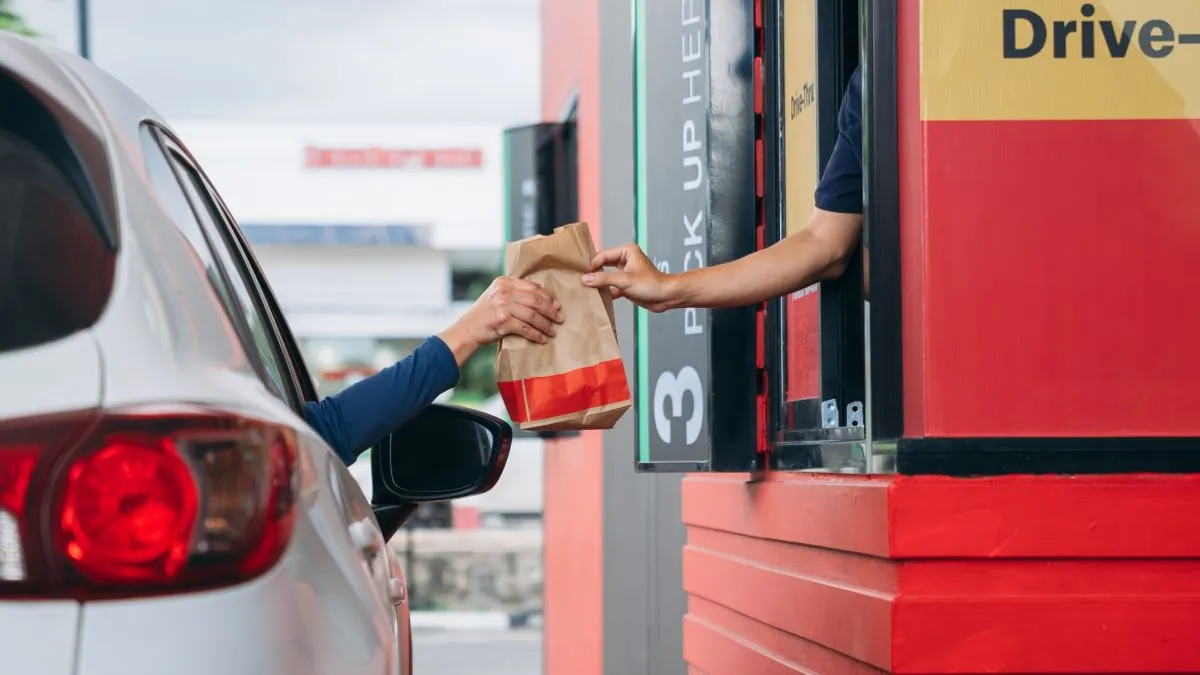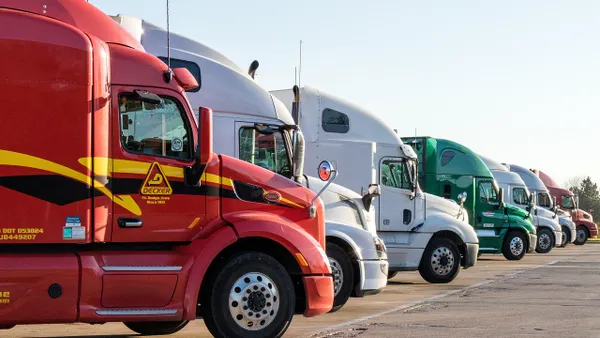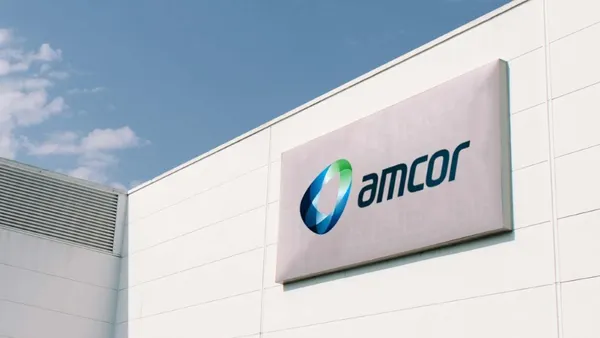Dive Brief:
- The National Advertising Review Board recommended last week that American Beverage alter an online and TV advertisement for the “Every Bottle Back” initiative because the ad overstates certain claims about PET bottle recycling.
- American Beverage appealed the initial findings and recommendations that the National Advertising Division of BBB National Programs released in November 2022. NARB reviewed the case and last week released its decision confirming that some of the ad’s environmental benefit claims are reasonable; but it also upheld NAD’s recommendation that other claims should be modified.
- ABA said it appreciates NAD’s and NARB’s work to ensure accuracy in environmental statements, although it disagrees with portions of the decisions. It agreed to look into appropriate modifications for the ad.
Dive Insight:
The ongoing Every Bottle Back campaign is a beverage industry-led initiative that launched in 2019 to reduce the industry’s use of virgin plastic. Leading non-alcoholic beverage companies including The Coca-Cola Company, Keurig Dr Pepper and PepsiCo are participants in the initiative. The campaign reinforces the value of recyclable plastic bottles and caps while making investments to improve bottle collection.
The TV ad in question ran nationally, including during Super Bowl LV in February 2021. The cost to air the 30-second ad during that event is estimated between about $5.2 and $5.5 million. An analysis by TV ad impact measurement platform iSpot.tv indicates the ad aired nationally 1,600 times since its Super Bowl debut and made 1.1 billion national impressions.
Last year, NAD found that American Beverage provided a reasonable basis for the ad’s claims about circularity, that groups are designing bottles and caps to be 100% recyclable and that “our bottles are made to be remade.” However, NAD said there were unsupported claims like: “They’re collected and separated from other plastics so they can be turned back into material that we use to make new bottles.” It says that leads viewers to believe the bottles are definitely recycled, as opposed to recycling being a goal that the companies are working toward.
In last week’s decision, NARB referenced that same claim and the “reduces plastic waste” claim, noting that American Beverage might have intended to simply explain the potential for plastic bottles to be recycled, but it went beyond that and conflated current recycling practices and outcomes with “aspirational” ones.
“Therefore, the NARB panel recommended that the advertiser modify the video claims to further clarify that these statements relate to aspirational goals,” its online statement says. It also clarified that the claims should not suggest that companies currently use recycled bottles to make new bottles at a “significant” level or that plastic waste is significantly reduced – unless that is actually true.
The ad panels also took exception to claims about members actively working with third-party partners such as the World Wildlife Fund’s Re:Source Plastic initiative and The Recycling Partnership and Closed Loop Partners to modify U.S. communities’ recycling infrastructure. NARB warned American Beverage to clarify what work is actually occurring right now versus what are future plans.
In an emailed statement, American Beverage said: “We also appreciate NAD’s conclusions that many of our claims are substantiated, including that our member companies are designing 100% recyclable plastic bottles and are increasing awareness of that fact. We disagree with their conclusions regarding the statements related to our partnerships and the recycling process but will comply with the NARB Decision and explore how best to modify them.”
Some advocacy groups applaud holding advertisers accountable for their environmental claims to mitigate “greenwashing” and prevent more plastic from ending up in the environment. Beyond Plastics says that in its view plastic recycling has never worked, but decades of public relations campaigns promoting plastic recycling have and the public is therefore deceived into believing that recycling reduces plastic waste.
“Industry has been duping consumers for decades with advertising campaigns like this one,” Melissa Valliant, communications director at Beyond Plastics, said via email. “We need more regulation of ad campaigns like the American Beverage Association’s ‘Every Bottle Back’ so Americans can stop wasting time believing that false solutions like recycling are a panacea and lawmakers can finally focus on comprehensive policy action that stops plastic pollution at the source — by reducing the amount of plastic produced in the first place.”










